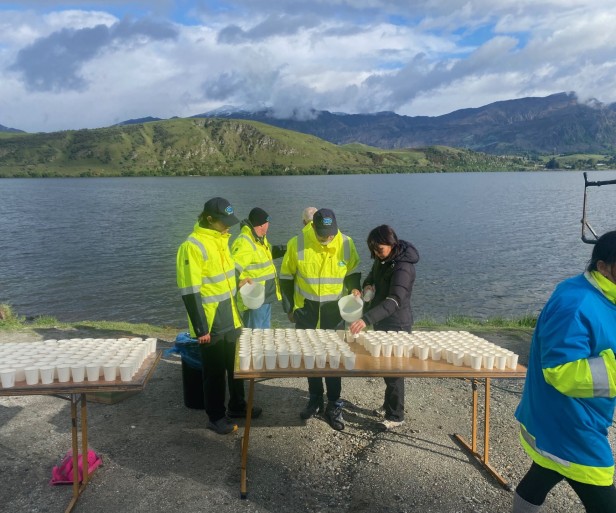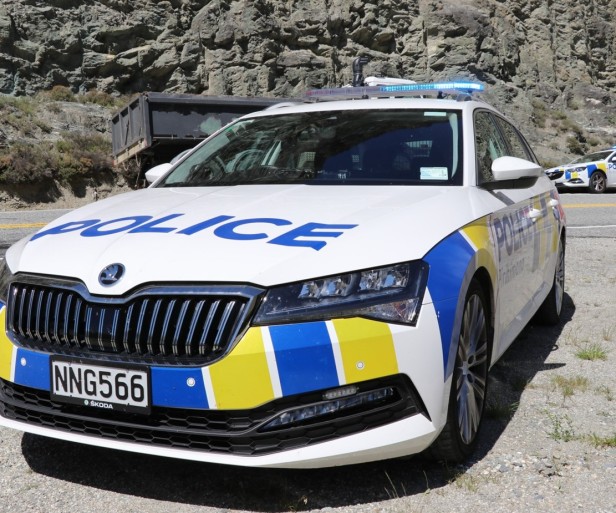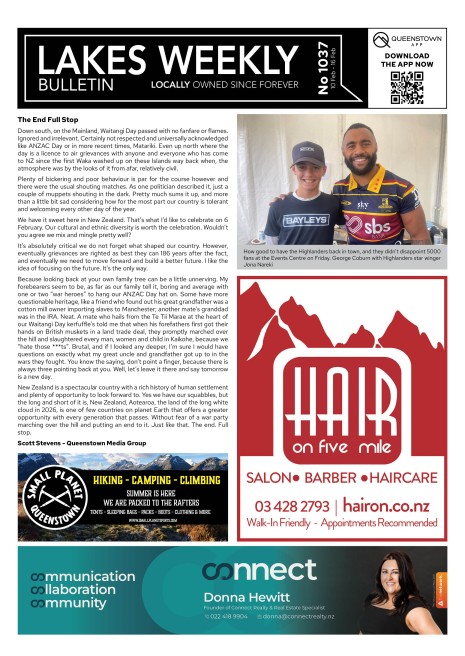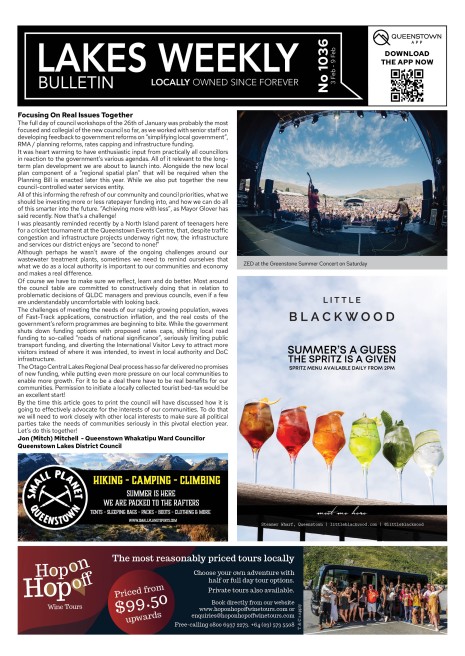Three people caught in Wānaka avalanche - video
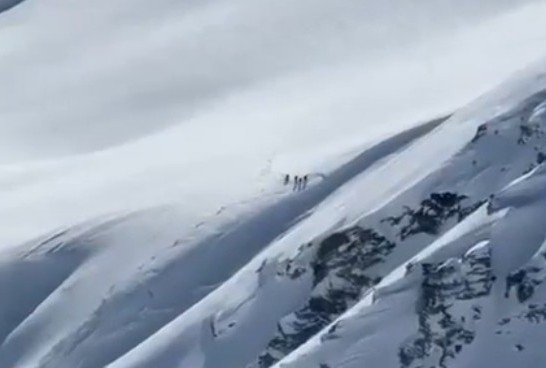
A video showing a group of backcountry skiers being caught in an avalanche in the Treble Cone backcountry has prompted a serious warning for backcountry enthusiasts.
New Zealand Mountain Safety Council (MSC) is urging backcountry skiers, snowboarders, and climbers to exercise extreme caution and follow travel advice provided on the NZ Avalanche Advisory (NZAA) website www.avalanche.net.nz.
This rare footage — capturing a very serious, potentially life-threatening avalanche — shows one of two human-triggered avalanches reported in the Wānaka region yesterday, Saturday, 6 September.
Fortunately, no injuries have been reported from either incident.
Video: Jeremy Blake
“[These] incidents are a sobering reminder that avalanche danger is very real,” MSC Chief Executive Mike Daisley says yesterday.
“While details are still limited at this early stage, both avalanches occurred in backcountry terrain outside the ski area boundary. Given the current conditions, travel in avalanche terrain is not recommended in this area.”
The NZ Avalanche Advisory, provided by MSC, is currently forecasting a considerable avalanche danger in the Wānaka and Queenstown regions, while Fiordland is high danger. This follows recent spring snowfalls combined with high winds and poor snowpack stability.
"High danger means very dangerous avalanche conditions exist. Natural avalanches are likely and human-triggered avalanches are very likely,” Daisley says. “At this danger rating, the alpine backcountry is not a sensible place to be.”
MSC stresses that anyone entering the backcountry must have the necessary training, skills, and equipment to manage avalanche risk.
“It’s vital that backcountry users follow the travel advice in the NZ Avalanche Advisory and adjust their plans accordingly,” Daisley says.
“That means avoiding avalanche terrain when the danger is elevated, recognising signs of instability, and always carrying the essential rescue gear—beacon, shovel, and probe. Preparation and informed decisions save lives.”


